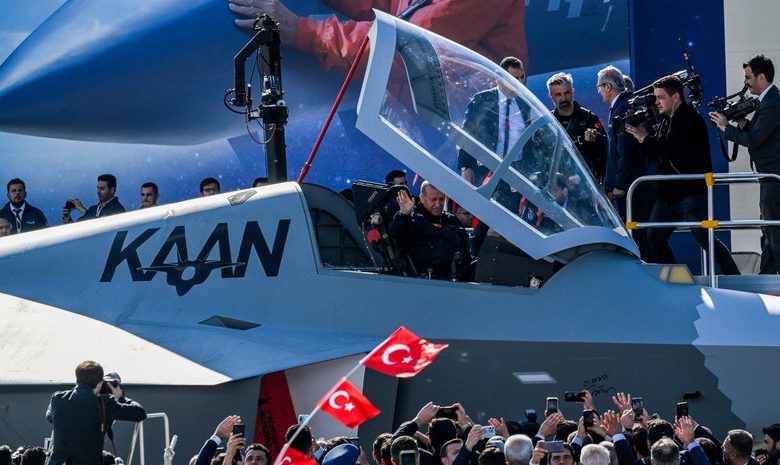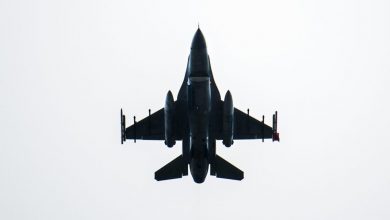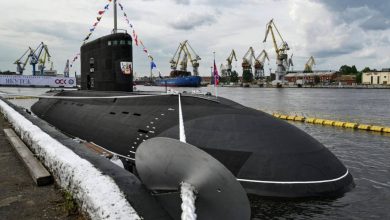Analysis: Türkiye joins multipolar fighter jet market with KAAN

An analysis in Foreign Policy brings attention to Türkiye’s independent participation in the fighter aircraft manufacturing sector, prompting remarks on the US potentially lagging behind if it doesn’t adapt swiftly.
An increasing number of countries worldwide have initiated their own fighter jet production programs. While some are actively engaged in production, others are still in the planning stages.
Era of multi-polar fighter jets
In a piece for Foreign Policy magazine, Richard Aboulafia, the Managing Director at AeroDynamic Advisory, discusses the shift to a multi-polar era in the fighter aircraft market. The article centers on Türkiye’s 5th generation fighter aircraft initiative, posing the question, “Can the F-35—and the United States—keep up with new competition?” It is highlighted that jet engines play a pivotal role in high-level discussions among national leaders.
While jet engines might seem inconsequential compared to high-profile sales of fighter jets or tanks, it was emphasized that these developments signify a global trend towards the resurgence of national fighter aircraft.
Türkiye’s entry with KAAN
Regarding Türkiye’s position in this emerging trend, it was argued that Türkiye has become a part of this evolving trend by collaborating on the KAAN fighter jet program. According to TUSAŞ, KAAN provides superior air dominance with new weapons, extended air-to-air combat range, precision and full-strike capabilities from internally-loaded supersonic-speed weapon bays, enhanced combat power with artificial intelligence and neural network support. Additionally, South Korea’s participation with the KF-21 Boramae and Taiwan’s return with the Ching-Kuo were highlighted. It is further noted that the United Arab Emirates unveiled its ambitions to independently manufacture aircraft earlier this year. The possibility of Saudi Arabia joining the tri-national fighter aircraft program involving Italy, the United Kingdom, and Japan is also acknowledged.
The analysis suggests that unless Washington shifts its focus to prioritize selling systems and technologies that enhance the capabilities of other nations’ aircraft, the US could potentially lose its position within the global defense market. Reference is made to Israel’s inability to produce fighter aircraft post the 1987 cancellation of the IAI Lavi program, with implications that such production is improbable in the future due to Tel Aviv’s privileged access to US aircraft.
Translated by: Khan Muhammad An Nazmus Saqib





